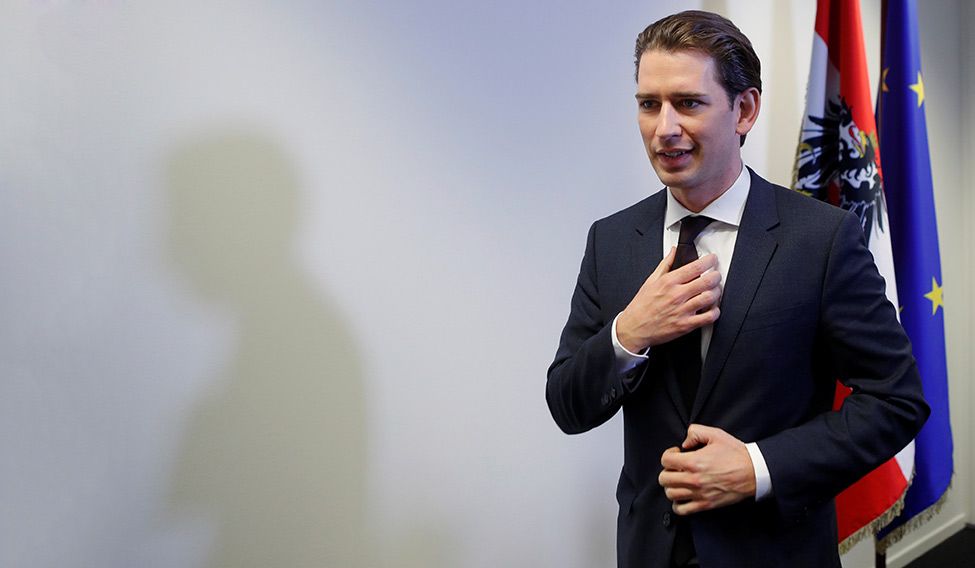
In a period of rising far right movements across Europe, and increasing xenophobia, racism, and religious separatism, Austria as a country has allowed a far right party to assume political power. Beyond the reactions of Muslims and some European countries, it is noteworthy that this situation has not been openly criticized by the European Union (EU). Especially with the arrival of asylum seekers to Europe, xenophobia and anti-Muslim opposition in Europe have become even more pronounced, and this problem is becoming more serious by the day. In recent years, Europe has been giving the impression of a continent in which extremist right-wing parties which have risen in politics with their nationalist rhetoric. The fact that the EU does not take a clear stance on this issue as it had done in the past is a concerning development.
Since the beginning of last week, the news of the far-right’s triumph in Austria has been a source of anxiety amongst Turkish people, Muslims and asylum-seekers living in Europe. This comes on top of a controversial law regarding foreigners that entered into force in November in Austria.[1] The said law, which stipulates harsh penalties for the asylum seekers, was introduced to the public by the Austrian Minister for Interior Wolfgang Sobotka. One highlight of the law is that it stipulates a 15,000 Euro fine for those who refuse to leave the country despite their application being rejected and for those who attempt to enter the country again despite having been deported. In April 2016, the Austrian police’s authority to arrest, detain, and deport asylum seekers has been enforced through the enactment of a related law.[2] Even though EU member states and the United Nations (UN) have criticized Austria's strict asylum-seeking policies, it is possible to say that far right populism, which is already on the rise, is gaining more and more strength.[3]
The situation has reached such a level that the populist leaders of the right-wing parties gathered in Prague on last Saturday (December 16, 2017).[4] The leaders of the European Parliament's Europe Nations and Freedom (ENF) party were invited to the meeting. Germany's right-wing party, Alternative für Deutschland (AFD) did not join the meeting. However, the leader of the National Front of France, Marine Le Pen, and the leader of the Liberation Party of the Netherlands, Geert Wilders did attend the meeting. The meeting was hosted by the leader of Freedom and Direct Democracy Party of Czech Republic Tomio Okamura. Okamura is known for his social media posts calling for people to have pigs walk around mosques and that people should avoid shopping from Muslims in the Czech Republic.[5] In the said meeting, Okamura took his racist and anti-Muslim rhetoric even further by claiming that Europe is in danger of being colonized by Muslims. The meeting, organized in conjunction with slogans linking global terrorism and Islam, has been protested by thousands of people.[6]
In the recent parliamentary elections in Austria, the People's Party (ÖVP) under Sebastian Kurz’s leadership, who was elected as the youngest leader in the world, won 31.6% of the votes. The other party of the coalition, the far-right Freedom Party of Austria (FPÖ), received 26% of the votes. In the coming period, the government is promising to toughen its migration policies. In addition, the government announced that they are against Turkey's EU membership. ÖVP and FPÖ have made a press briefing, stating that in the next 5 years, they will work to strengthen Austria’s social structure and to provide the change and transformation needed by the Austrian people.[7] Similar to today’s situation, 17 years ago, FPÖ had established a coalition government with ÖVP, which resulted in European governments imposing diplomatic sanctions on Austria.[8] It should be noted that neither Europe nor Austria’s other partners are raising a strong voice as they used to do in the past. In the past, for example, the Israeli Foreign Minister David Levi had reacted to the rise of FPÖ's votes, stating that Israel could end diplomatic relations with Austria. Similarly, the EU had been appalled by the strengthening of the far-right in Austria. However, it seems that such reactions are no longer valid. This time, on December 19, 2017, Israel announced that it would continue its diplomatic relations with Austria.[9] Moreover, the British and Irish leaders and the European Parliament President Antonio Tajani were among the first to congratulate the coalition in Austria.[10] Similarly, the President of the European Council Donald Tusk stated that he “congratulated [the coalition] with the warmest feelings”.[11] However, it has been stated by academics that this situation will be a problem if the EU’s decisions about asylum seekers contradict with that of Austria’s. Among those who are concerned is the left-wing SPD in Germany, which, noting Kurz's connection with the far-right government in Hungary, expressed that “Austria-Hungary is back.” Italy, meanwhile, stated that far-right parties coming to power in Austria was not good news. The World Jewish Congress is also among those showing its reaction to the far-right coalition government in Austria. The Ministry of Foreign Affairs of the Republic of Turkey, on December 17, published a press release regarding the statements in the program of Austria’s new government that foresees ending EU accession negotiations with Turkey and looking for allies for this purpose. Turkish Foreign Ministry’s press release indicated that if there is an attempt to be put into effect such a policy, Austria will receive the appropriate response within the framework of the principle of reciprocity.[12]
The rising far-right parties in Austria and the xenophobic populist rhetoric of today are, it can be argued, a continuation of the Nazi mindset that became a nightmare for not only Germany and the Jewish people, but also the world. Having had an important role in the birth of Nazism, today, Austria is commencing a new era in right-wing populism and xenophobia sweeping across Europe. The danger posed by this development is extremely distressing. What is even more distressing is the lack of a proper negative reaction expressed from international actors and organizations, unlike what had been expressed in the past. This has become a frightening situation for asylum seekers who are attempting to carry out their lives in Europe. The Turks and Muslims living in Europe are also faced with a similar frightening situation. Europe is expressing concern about terrorism at every opportunity, but the overlooked terror caused by the rising far-right movements and xenophobia is steadily strengthening discriminatory, exclusionary, and derogatory mindsets.
[1] "Avusturya'da tartışmalı yabancılar yasası yürürlükte", Anadolu Ajansı, November 1, 2017, http://aa.com.tr/tr/dunya/avusturya-da-tartismali-yabancilar-yasasi-yururlukte/953730.
[2] "Avusturya'da sığınmacı karşıtı tasarı yasalaştı", Anadolu Ajansı, April 27, 2016, http://aa.com.tr/tr/dunya/avusturyada-siginmaci-karsiti-tasari-yasalasti/562710.
[3] "Avusturya eleştirilerin odağında", Deutsche Welle, April 28, 2016, http://www.dw.com/tr/avusturya-ele%C5%9Ftirilerin-oda%C4%9F%C4%B1nda/a-19223204.
[4] "Sağ Popülist Liderler Prag’da Buluştu", Avrasya İncelemeleri Merkezi - AVİM, December 18, 2017, http://avim.org.tr/tr/Bulten/SAG-POPULIST-LIDERLER-PRAG-DA-BULUSTU.
[5] "Milyarder politikacı sandıktan birinci çıktı", Milliyet, October 23, 2017, http://www.milliyet.com.tr/milyarder-politikaci-sandiktan-dunya-2541945/.
[6] "Prag'da aşırı sağcı liderler zirvesi", Euronews, December 16, 2017, http://tr.euronews.com/2017/12/16/prag-ta-asiri-sagci-liderler-zirvesi.
[7] "Avusturya'da aşırı sağ beş yıl iktidar ortağı", CNN Türk, December 26, 2017, https://www.cnnturk.com/dunya/avusturyada-asiri-sag-bes-yil-iktidar-ortagi.
[8] "EU silent on Austria's 'pro-Europe' far-right in cabinet", EUobserver, Aralık 18, 2017, https://euobserver.com/political/140340.
[9] "Israel to maintain ties with Austrian government despite far-right ministers", Ynetnews, Aralık 19, 2017, https://www.ynetnews.com/articles/0,7340,L-5058998,00.html.
[10] "Far right enters government in Austria", EUobserver, December 18, 2017, https://euobserver.com/elections/140330.
[11] "AB Liderler Zirvesinin Alman Basınına Yansıması…", Avrasya İncelemeleri Merkezi - AVİM, December 18, 2017, http://avim.org.tr/tr/Bulten/AB-LIDERLER-ZIRVESININ-ALMAN-BASININA-YANSIMASI.
[12] "No: 387, 17 December 2017, Press release regarding the statements in the program of the new government of Austria to end the EU accession negotiations with Turkey and to look for allies for this purpose ", T.C. Dışişleri Bakanlığı Güncel Açıklamalar, Aralık 17, 2017, http://www.mfa.gov.tr/no_-387_-avusturyada-yeni-kurulan-hukumetin-programinda-abnin-turkiyeyle-muzakereleri-kesmesi-icin-muttefikler-aranacagi-yolundaki-ifade-hk.tr.mfa.
© 2009-2025 Center for Eurasian Studies (AVİM) All Rights Reserved
No comments yet.
-
 THE VISA OBSTACLE FOR TURKISH CITIZENS AND THE EU'S JUSTIFICATIONS
THE VISA OBSTACLE FOR TURKISH CITIZENS AND THE EU'S JUSTIFICATIONS
Hazel ÇAĞAN ELBİR 10.10.2024 -
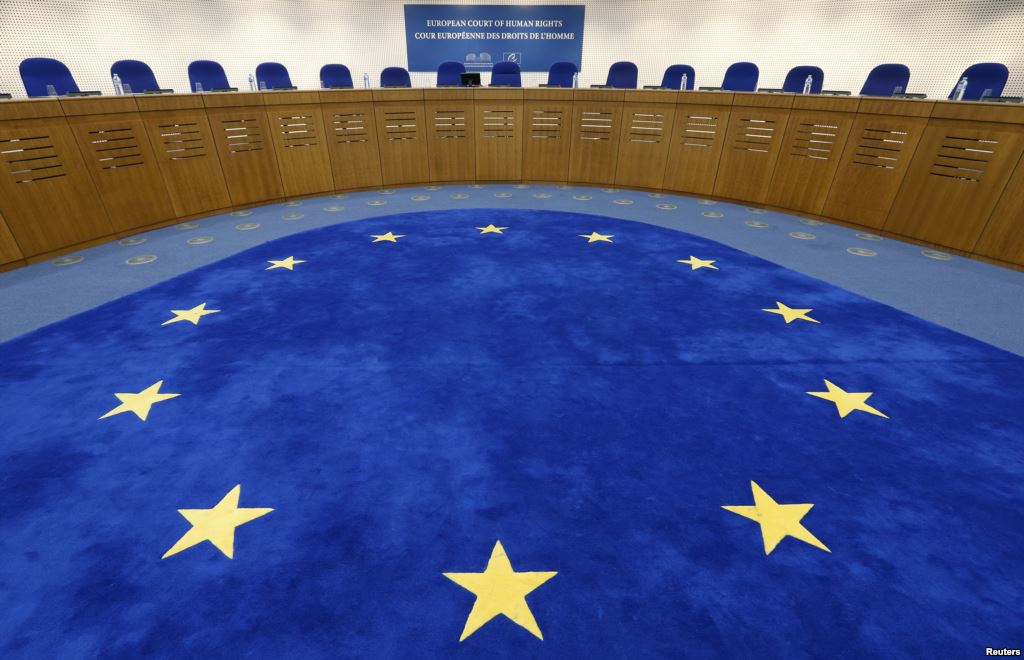 ECHR’S DOĞU PERINÇEK - SWITZERLAND DECISION (OFFICIAL FRENCH, UNOFFICIAL TURKISH)
ECHR’S DOĞU PERINÇEK - SWITZERLAND DECISION (OFFICIAL FRENCH, UNOFFICIAL TURKISH)
Hazel ÇAĞAN ELBİR 24.02.2014 -
 THE MERKEL THAT TURKEY WILL REMEMBER WHEN AN ERA ENDS
THE MERKEL THAT TURKEY WILL REMEMBER WHEN AN ERA ENDS
Hazel ÇAĞAN ELBİR 20.09.2021 -
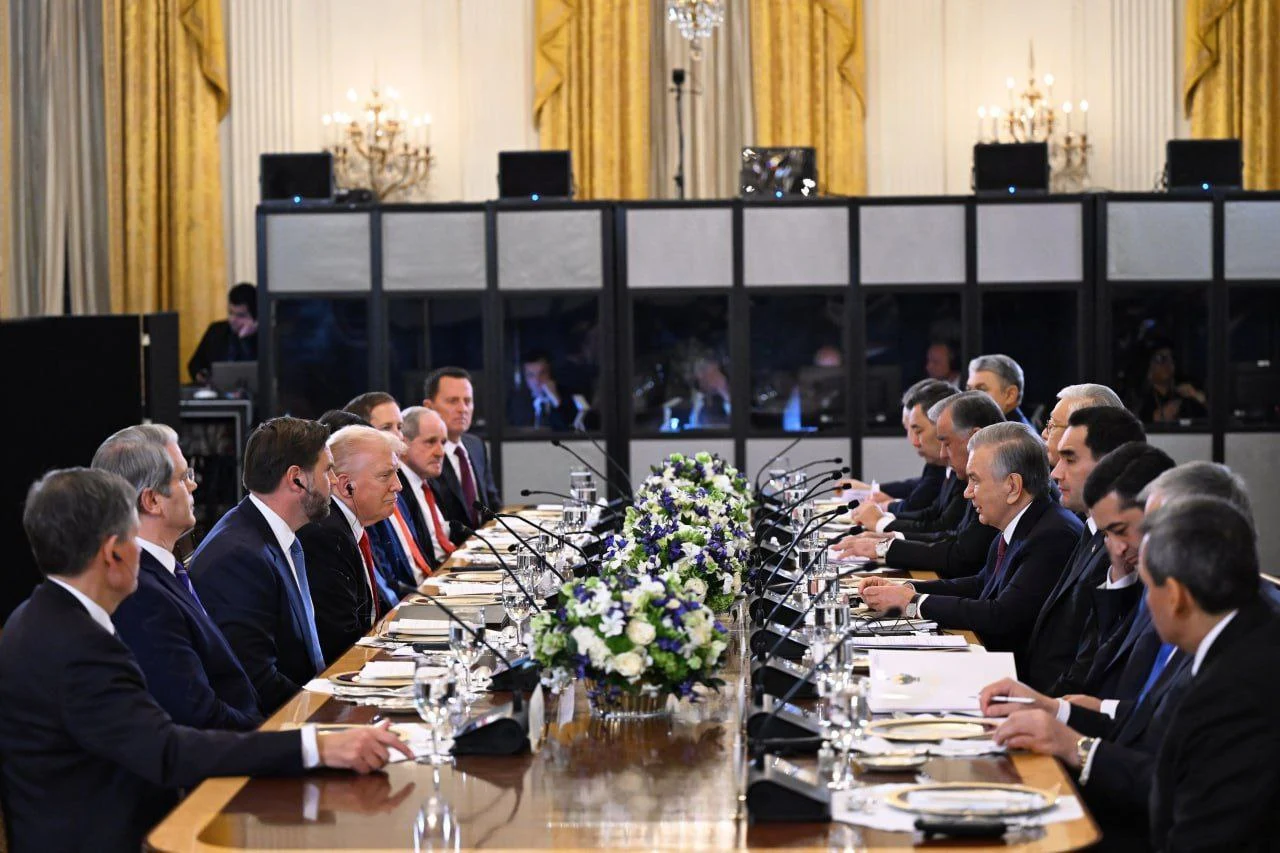 A STRATEGIC CROSSROADS IN EURASIAN GEOPOLITICS: THE EUROPEAN UNION’S CENTRAL ASIA POLICY IN THE CONTEXT OF THE C5+1 FORMAT AND TÜRKİYE’S ROLE
A STRATEGIC CROSSROADS IN EURASIAN GEOPOLITICS: THE EUROPEAN UNION’S CENTRAL ASIA POLICY IN THE CONTEXT OF THE C5+1 FORMAT AND TÜRKİYE’S ROLE
Hazel ÇAĞAN ELBİR 22.01.2026 -
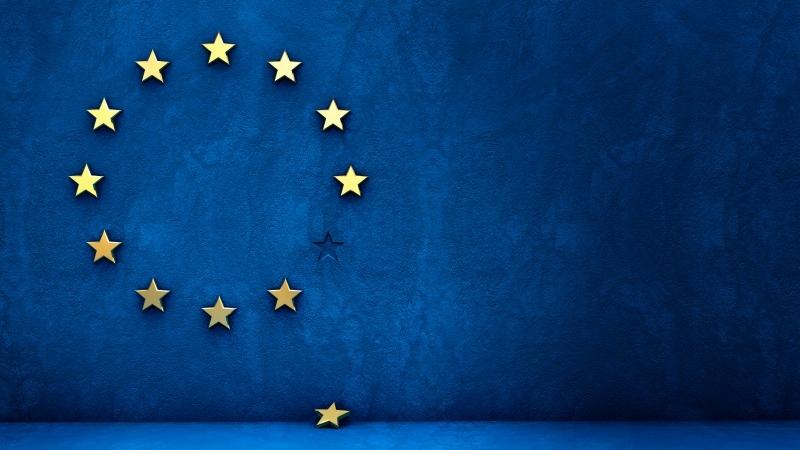 THOUGHTS ON TURKEY – EU RELATIONS AFTER BREXIT
THOUGHTS ON TURKEY – EU RELATIONS AFTER BREXIT
Hazel ÇAĞAN ELBİR 02.01.2020
-
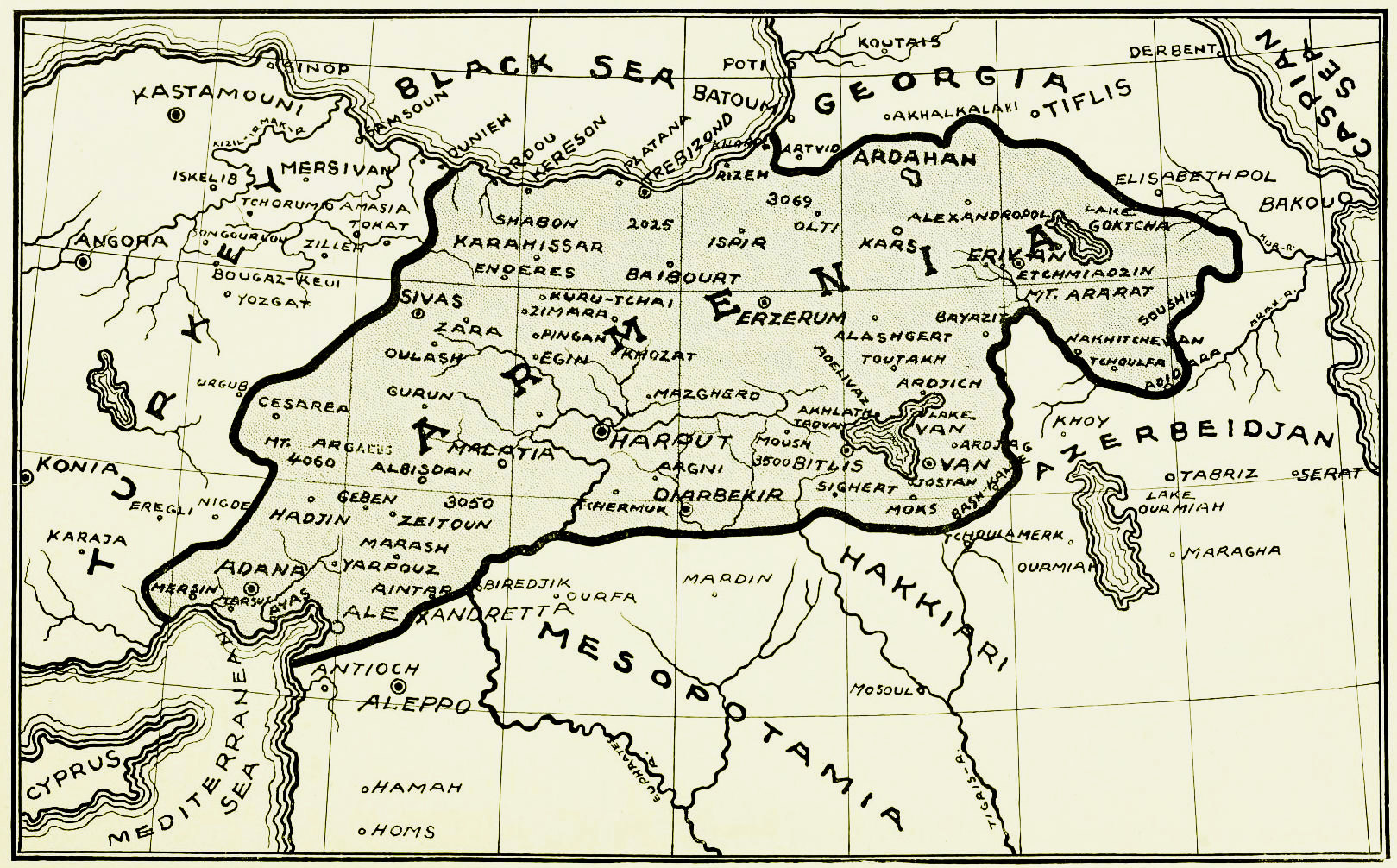 THE COLLAPSE OF DASHNAK ARMENIA IN 1920 AND THE DEBACLE OF NIKOL PASHINYAN’S REGIME IN 2020
THE COLLAPSE OF DASHNAK ARMENIA IN 1920 AND THE DEBACLE OF NIKOL PASHINYAN’S REGIME IN 2020
Maxime GAUIN 30.10.2020 -
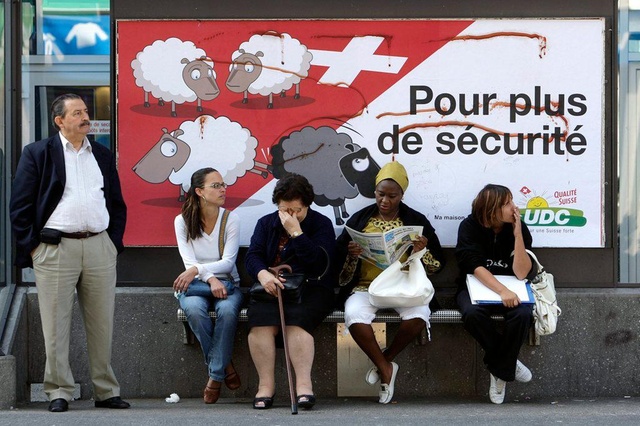 THE INTERSECTION OF CONTEMPORARY XENOPHOBIA AND RACISM IN WESTERN EUROPE: THE CASE OF SWITZERLAND
THE INTERSECTION OF CONTEMPORARY XENOPHOBIA AND RACISM IN WESTERN EUROPE: THE CASE OF SWITZERLAND
Teoman Ertuğrul TULUN 24.03.2020 -
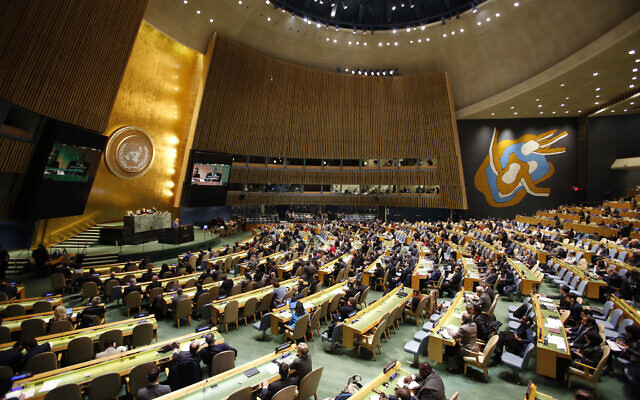 THE UN GENERAL ASSEMBLY REJECTED AND CONDEMNED HOLOCAUST DENIAL AND RECALLED THE INTERNATIONAL LEGAL BASIS OF ITS REJECTION
THE UN GENERAL ASSEMBLY REJECTED AND CONDEMNED HOLOCAUST DENIAL AND RECALLED THE INTERNATIONAL LEGAL BASIS OF ITS REJECTION
Teoman Ertuğrul TULUN 04.02.2022 -
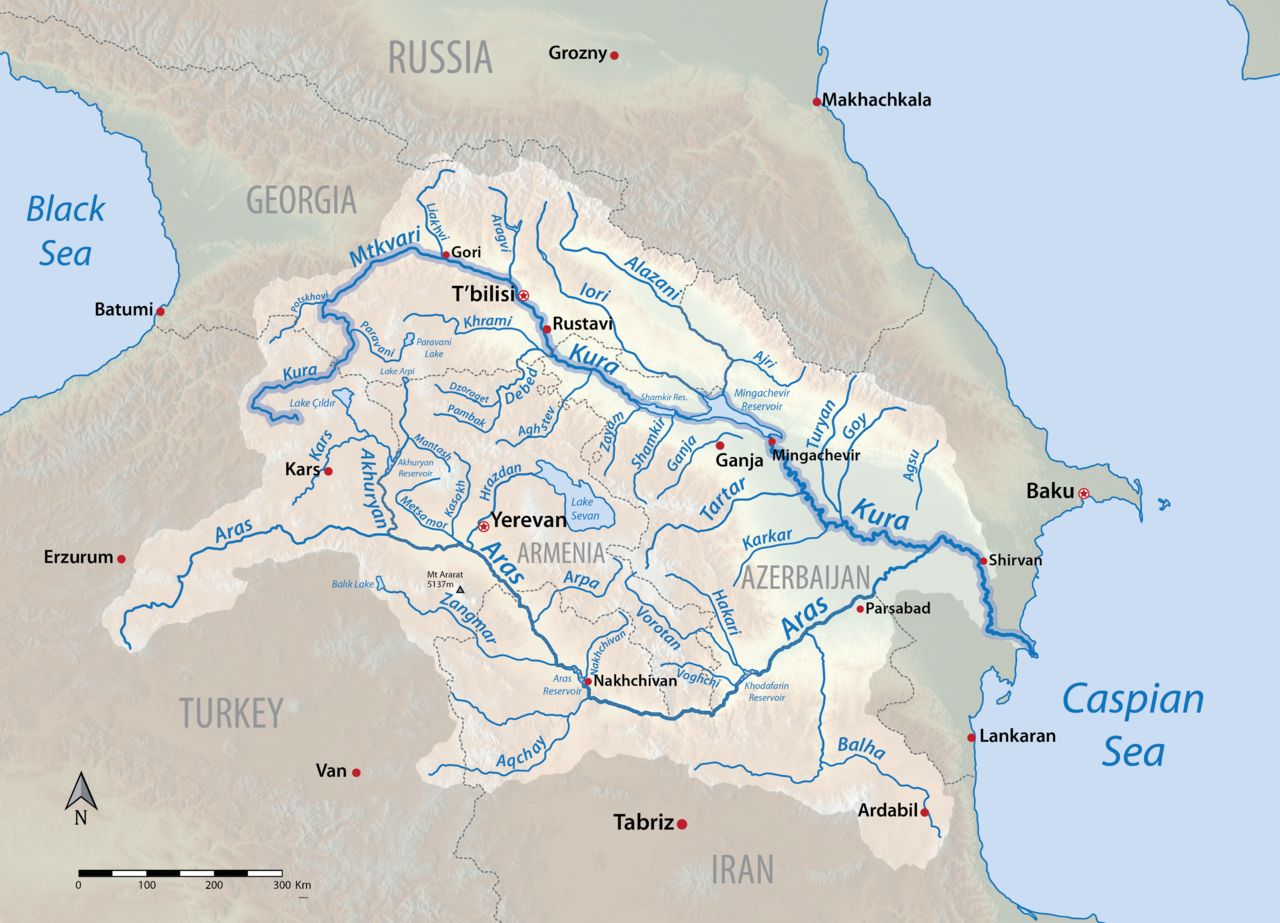 HYDROPOLITICS, TRANSBOUNDARY RIVERS, AND THE SOUTH CAUCASUS
HYDROPOLITICS, TRANSBOUNDARY RIVERS, AND THE SOUTH CAUCASUS
Tutku DİLAVER 11.04.2022 -
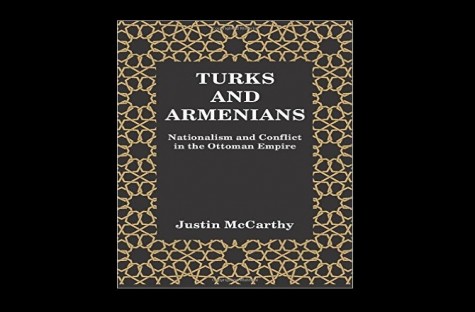 CHAPTER BY CHAPTER SYNOPSIS AND REVIEW OF TURKS AND ARMENIANS: NATIONALISM AND CONFLICT IN THE OTTOMAN EMPIRE BY JUSTIN MCCARTHY - 3
CHAPTER BY CHAPTER SYNOPSIS AND REVIEW OF TURKS AND ARMENIANS: NATIONALISM AND CONFLICT IN THE OTTOMAN EMPIRE BY JUSTIN MCCARTHY - 3
Seher ÇELEN 22.10.2015
-
25.01.2016
THE ARMENIAN QUESTION - BASIC KNOWLEDGE AND DOCUMENTATION -
12.06.2024
THE TRUTH WILL OUT -
27.03.2023
RADİKAL ERMENİ UNSURLARCA GERÇEKLEŞTİRİLEN MEZALİMLER VE VANDALİZM -
17.03.2023
PATRIOTISM PERVERTED -
23.02.2023
MEN ARE LIKE THAT -
03.02.2023
BAKÜ-TİFLİS-CEYHAN BORU HATTININ YAŞANAN TARİHİ -
16.12.2022
INTERNATIONAL SCHOLARS ON THE EVENTS OF 1915 -
07.12.2022
FAKE PHOTOS AND THE ARMENIAN PROPAGANDA -
07.12.2022
ERMENİ PROPAGANDASI VE SAHTE RESİMLER -
01.01.2022
A Letter From Japan - Strategically Mum: The Silence of the Armenians -
01.01.2022
Japonya'dan Bir Mektup - Stratejik Suskunluk: Ermenilerin Sessizliği -
03.06.2020
Anastas Mikoyan: Confessions of an Armenian Bolshevik -
08.04.2020
Sovyet Sonrası Ukrayna’da Devlet, Toplum ve Siyaset - Değişen Dinamikler, Dönüşen Kimlikler -
12.06.2018
Ermeni Sorunuyla İlgili İngiliz Belgeleri (1912-1923) - British Documents on Armenian Question (1912-1923) -
02.12.2016
Turkish-Russian Academics: A Historical Study on the Caucasus -
01.07.2016
Gürcistan'daki Müslüman Topluluklar: Azınlık Hakları, Kimlik, Siyaset -
10.03.2016
Armenian Diaspora: Diaspora, State and the Imagination of the Republic of Armenia -
24.01.2016
ERMENİ SORUNU - TEMEL BİLGİ VE BELGELER (2. BASKI)
-
AVİM Conference Hall 24.01.2023
CONFERENCE TITLED “HUNGARY’S PERSPECTIVES ON THE TURKIC WORLD"









